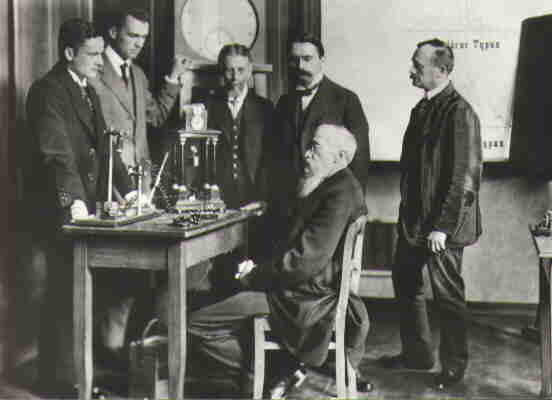1a Establishing Academic Psychology
Week: 22/04

Learning Objectives
Psychology wasn’t always seen as a real science, so it’s important for most psychologists today to be recognized as scientific. Over time, psychology had to prove itself as a legitimate science. Think of it like joining a club—you have to show why you belong.
In our first week, we examine the emergence of psychology as an academic discipline. Who were its early pioneers? How do they shape the foundations of our field?
- Hyland (2024), Chapter 2: How psychology joined the science club.
Tutorial Meeting
Question 1
Describe the challenges psychology faced in being recognized as a science. What were the main arguments against its inclusion as a scientific discipline?
Question 2
Define “psychophysics” and explain its role in the development of experimental psychology.
Question 3
Describe a psychophysical experiment. How did it look like. What is Weber’s Law and Fechner’s extension to it. How do these laws relate to the study of sensory psychophysiology?
Question 4
Why was Wundt’s often seen as such an important figure in the history of our disciple?
Question 5
Wundt distinguished between experimental psychology and folk psychology (‘Völkerpsychologie’). Describe the differences and why he believed experimental methods were not suitable for studying higher mental processes.
Question 6
What is the difference between the coalescence hypothesis and the brick wall hypothesis?
Discussion 1
Wundt suggested that there was a scientific and a non-scientific way of studying psychology. Do you agree?
Discussion 2
Wundt used introspection. What do you think about introspection? Is that scientific?
Discussion 3
Analyze how the exclusion of women and cultural biases impacted the development of psychological science in the 19th century.
Study Checklist
- Early Psychophysics
- Ernst Weber and Gustav Fechner
- Just-noticable difference
- Wilhelm Wundt
- Introspection
- Folk psychology (‘Völkerpsychologie’)
- John Locke: “Tabula Rasa” hypothesis
- David Hartley & associationist philosophy
- controversy: coalescencey vs brick wall hypothesis
- influence of medicine: Pierre Broca and Carl Wernicke